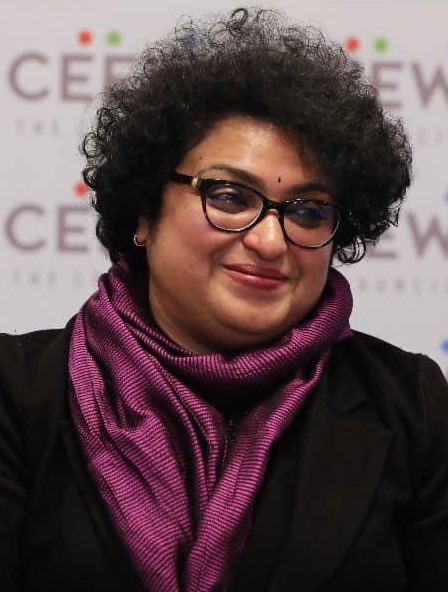Contributors
More »- 1
- 2
- 3
- 4
- 5
- 6
- 7
- 8
- 9
- 10
- 11
- 12
- 13
- 14
- 15
- 16
- 17
- 18
- 19
- 20
- 21
- 22
- 23
- 24
- 25
- 26
- 27
- 28
- 29
- 30
- 31
- 32
- 33
- 34
- 35
- 36
- 37
- 38
- 39
- 40
- 41
- 42
- 43
- 44
- 45
- 46
- 47
- 48
- 49
- 50
- 51
- 52
- 53
- 54
- 55
- 56
Brace yourself for higher interest rates
23/05/2022
Data released by the National Statistical Office showed that retail inflation had surged to an eight-year high of 7.79 per cent in April driven by higher food and fuel prices. The former rose to 8.38 per cent driven by double-digit inflation in edible oils and vegetables, while inflation in …

(Co-authored with Emmanuel Thomas)
“Fiscal and monetary policy coordination is crucial to sustain the economic recovery. The fact that the wholesale price index (WPI) inflation rate was continuing at two-digit numbers for a year and the CPI has remained above the upper band of 6% …
The Digital Tax Challenge
28/04/2022

Over the past four years 137 countries have engaged intensively with the OECD to find a solution to the tax challenges arising from digitalisation. Like any international agreement, finding a middle ground has been difficult and series of compromises were made. It was agreed intially the unique features of …
RBI’s hawkish stance on liquidity
22/04/2022

With inflation rising, a slower monetary policy tightening by RBI could accelerate de-anchoring of inflation expectations. RBI might “bite the bullet” by hiking policy rates in upcoming MPC meetings.
Against the backdrop of mounting global uncertainties emanating from the Ukraine war and the energy price …

The first bi-monthly meeting of the RBI's Monetary Policy Committee (MPC) for the current financial year reaffirmed its focus on inflation management. While the MPC voted to keep the policy rate unchanged at 4 percent and retained its accommodative stance, the wording was changed to ...."remain accommodative while focusing …
